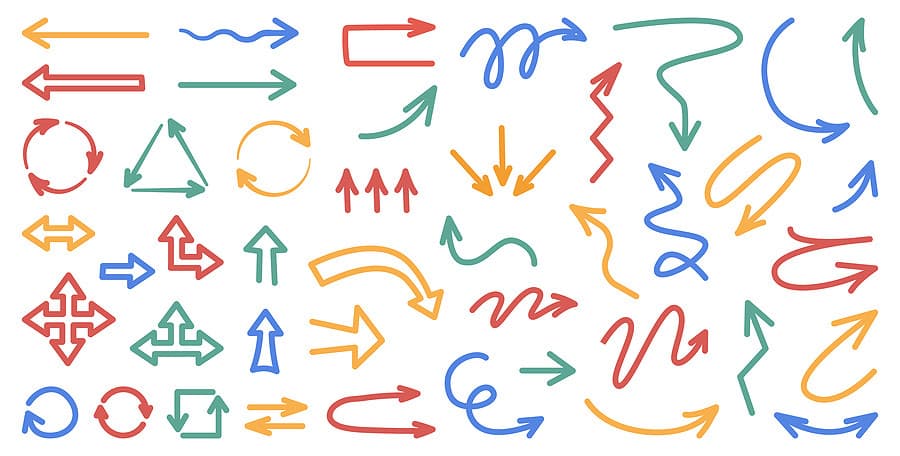It’s often taken for granted that an organization’s recruiting function and its hiring managers are on the same page in terms of who should (or shouldn’t) be hired. But that’s a very dangerous assumption to make.
In a new Leadership IQ study called “The Worker Shortage Is Partially Self-Inflicted,” we asked hiring managers, “Do your company’s processes discard the application of candidates who could successfully perform the job, but don’t fit the exact criteria in the job description?”
Distressingly, more than a third of leaders believe that their company is chasing away viable candidates from the labor market at least 50% of the time. Clearly, hiring managers aren’t fully in-sync with their company’s recruiting function.
But the incongruencies go even deeper.
More than 20,000 leaders and HR personnel have taken the online test “Could You Pass This Job Interview?” Respondents are presented with a series of possible answers to interview questions and asked to choose the best response. Ideally, there would be widespread agreement among everyone in leadership or HR roles about whether a particular interview answer was good or bad. Yet that’s not the case.
One of the quiz questions presents respondents with three choices to the interview question, “Could you tell me about a time you worked as part of a team?”
- Choice #1: The new product launch would be one of the best examples of teamwork that I saw at my last job. They established good camaraderie, learned from each other, and discussed how to continue to be successful working with other departments in the company.
- Choice #2: I imagine my best team experience would be one where we could walk through a project schedule, get on the same page, talk through issues and roadblocks, and set a plan of action. That would be an incredible experience.
- Choice #3: I helped build our professional services with a team of peers. We wholeheartedly provided our thoughts and ideas and shared our professional experiences. I clearly remember us process-mapping with a big whiteboard in a free-flowing, brainstorming way.
Which choice do you think is the best answer to that interview question?
Choice #1 was selected by 36% of respondents, and Choice #2 garnered another 17%, while Choice #3 was chosen by 47% of respondents. Choice #3 is also the best option.
What’s wrong with the first two responses? Choice #1 sounds great, but nowhere does the candidate describe their role in the team or even whether they were part of the team. The question asked them to describe a time they worked as part of a team, but their answer only describes teamwork that they observed.
In Choice #2, the candidate offers their hypothetical vision of what a great team experience would be like, but that’s very different than describing the specifics of a time they really did work as part of a team.
Only Choice #3 actually offers a specific example of the candidate working as part of a team.
Now, while I’m concerned about whether recruiters and hiring managers can correctly discern great or poor candidate responses, I’m a bit more concerned by the lack of consistent ratings I see in most organizations.
How effective will a hiring process be if a company’s hiring managers and recruiters can’t agree on whether a candidate is a great fit? And how effective will the process be if hiring managers or recruiters can’t even agree amongst themselves?
I would strongly encourage every organization to replicate this exercise. Choose one of your interview questions and then craft some sample answers. Ask every hiring manager and recruiter to rate those answers and then assess to what extent your folks are in-sync. It’s not always a pleasant exercise, but it’s absolutely critical.
